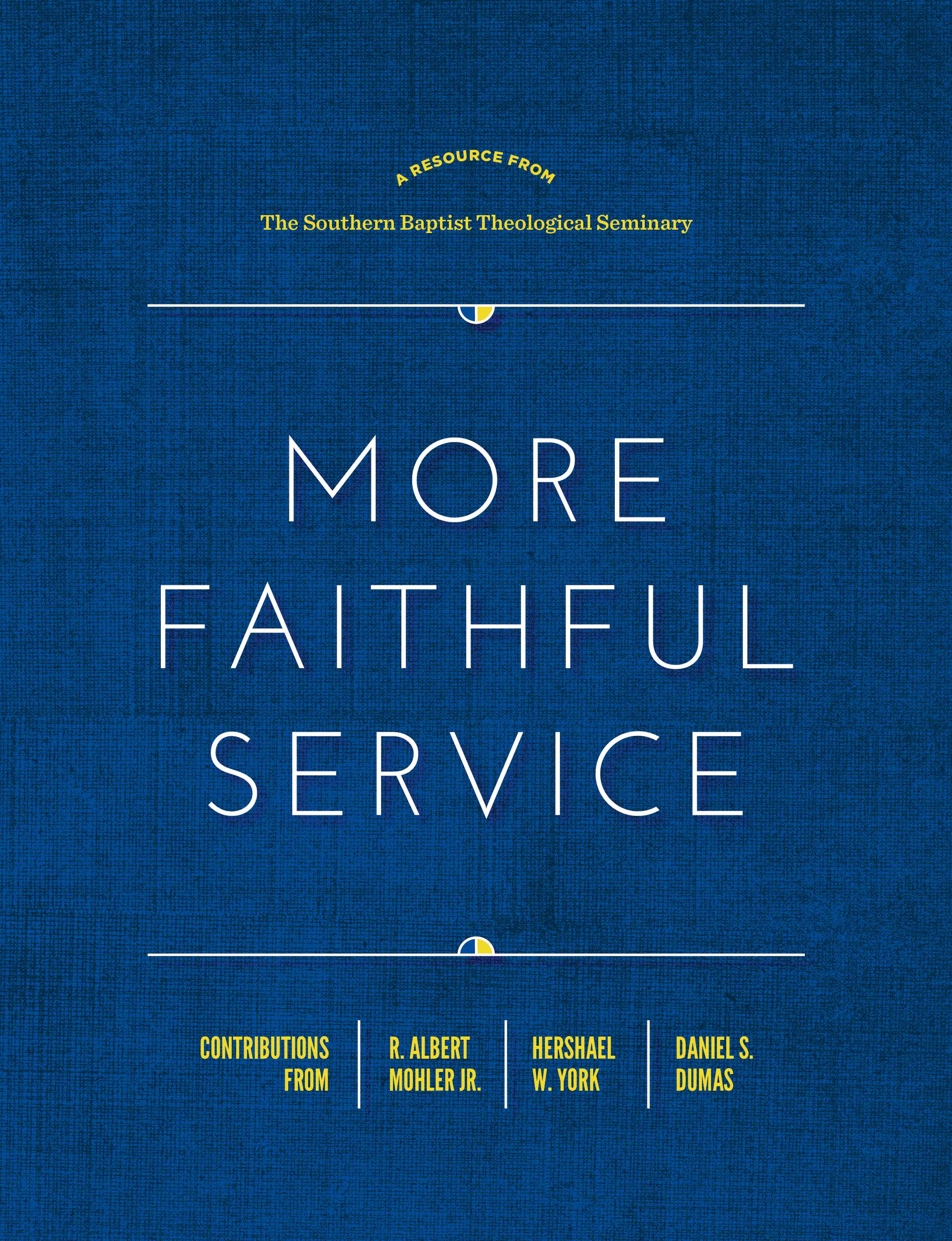Should I leave my church? 8 critical questions
No doubt, there are other questions that may need to be asked, but some of these helped me make this solemn decision.
In the spring of 2014, I made one of the most gut-wrenching decisions of my adult life: I resigned as pastor of a church that had called me little more than three years before.
After months and months of prayer, soul-searching, and much advice from wise men with decades in the trenches of local church ministry, I grew convinced that the church’s future was not my future. It became clear that there simply was no path forward that would benefit the church or my family. Thankfully, I was able to leave on good terms and enjoy numerous warm friendships within that congregation today. God used that season reveal many shortcomings in me and to prepare me for the congregation I am privileged to serve today.
The decision took many, many weeks, much prayer, and I made it with a deep sense of fear and trembling. If there is anything more difficult than discerning the call to a church, it might be deciding the proper time to leave it.
How does a pastor make this decision? Here are eight diagnostic questions that might help:
- Are the people responding favorably to your leadership? If the answer is “no,” then there are other questions you should ask, the first being, “Are the people responding unfavorably because I am leading in an ungracious manner or in a way that violates the call for humility among the elders in 1 Peter 5?” As I once heard John MacArthur put it, if you you are trying to lead and no one is following, then you are merely going for a walk. But this does not call for automatic resignation; there are few circumstances that lead to such swift action. Weighing the answer to this question requires prolonged Scripture-soaked prayer and careful reflection and discernment.
- Have you misunderstood your calling? Often, pastoral ministry can clarify a man’s calling and demonstrate that God has fitted him for another venue of ministry, not the pastorate. The heavy weight of suffering often reveals the cracks in the bridge of a man’s call to ministry. It can also confirm his calling.
- Do you have any substantive support in the church? Are there godly people in the church who support you and “have your back?” If there are even a few, you might consider staying and asking God for patience and strength.
- Is this ministry chewing up your family? You must not let the ministry make your wife bitter or cause your children to hate the local church. As hard as it is on you, a difficult season in ministry may take a worse toll on your family, particularly your wife. If it is tearing her apart, it may be time to go. You are first a husband and father.
- Is this ministry taking a toll on your marriage? A tough season of ministry can tell you a lot about your marriage. Pastoral afflictions can strengthen your marriage if it is already strong or weaken it to a breaking point if it is already weak. Paul makes clear in the list of qualifications for elders in 1 Timothy 3, if the little flock at home is not in order, then you are not qualified for ministry. This is an important consideration for No. 4 as well.
- Are there mitigating factors that could prevent you from staying? One example here might be that your church is financially broke and you are unable to find supplementary income. This certainly does not mean you must leave, but it could be God’s way of providentially removing you. External, mitigating factors such as this need to be handled carefully.
- Have you sought the counsel of mature, godly pastors? It is a virtual certainty that they have walked more than a few miles in your shoes. If you are relatively new to the ministry, this is especially important and you should take seriously their counsel. After all, the writer of Proverbs reminds us, “There is wisdom in a multitude of counselors” (Prov. 11:14).
- Has God given you the gifts necessary to help your church or will your continued leadership only harm it further? This is not so much a factor if you have plural leadership, but can be an important notion to ponder if you are a single elder. I would recommend pairing this one with No. 7—seek help from other godly, veteran ministers who can walk with you through this. Perhaps your leadership style needs to move toward closer fidelity to the biblical model of patience, humility, and servant-heartedness. Instead of removing you, a season of hardship may very well be God’s gracious means of producing these fruits in you.
No doubt, there are other questions that may need to be asked, but some of these helped me make this solemn decision.




